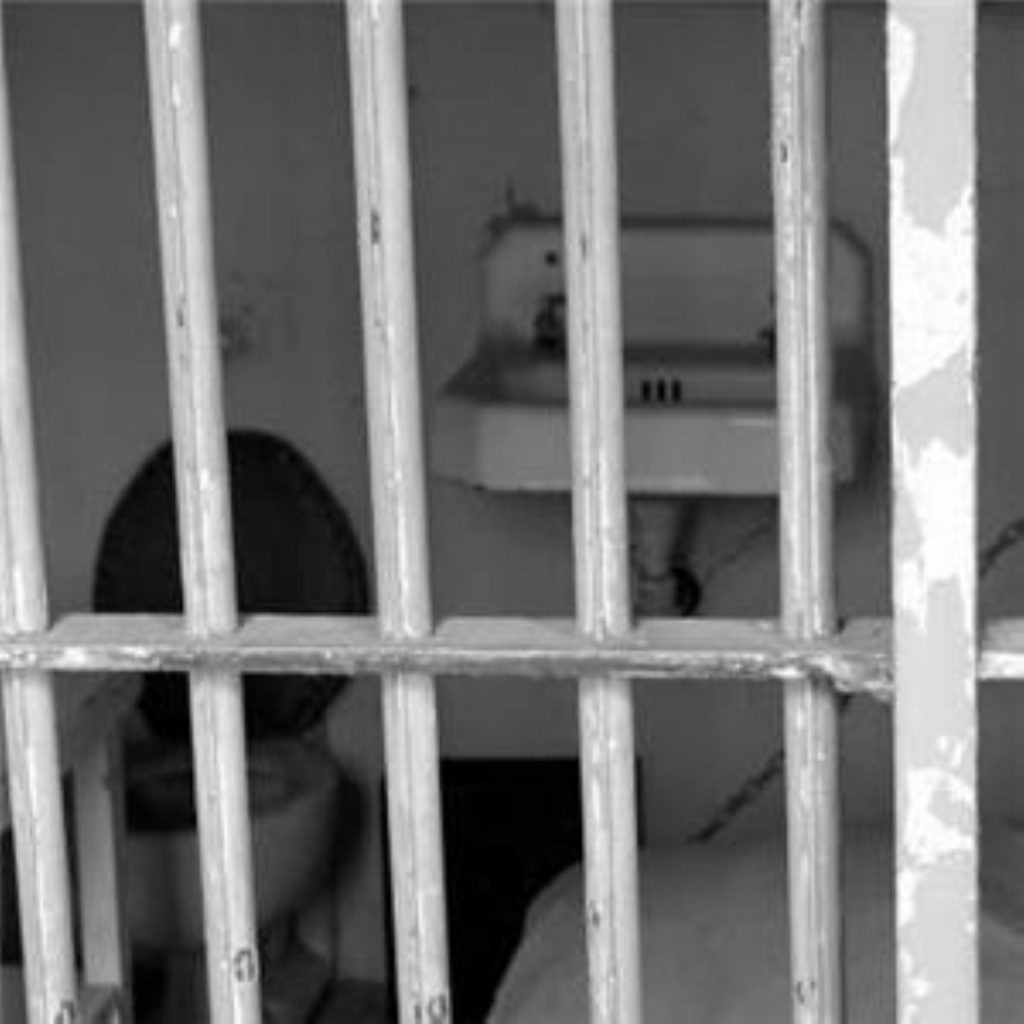Prison suicides at ‘all time high’
The number of prison inmates committing suicide has hit an all time high according to a report by the Prison Reform Trust.
The report highlighted that in 2002-03 105 prisoners in England and Wales committed suicide, the highest number on record. In the previous year only 80 suicides were committed in English and Welsh prisons.
The Trust argues that the high levels of overcrowding in jails has meant that staff are not able to concentrate on providing adequate levels of ‘purposeful activity’ which can reduce self harm, drug use and violence.
The report, which used the Prison Service’s own data, showed that prisons failed to meet their target of 18% of prisoners doubling up in cells. In England and Wales 20.4% of the prison population had to double up in cells. Shrewsbury prison had 91.1% of its population doubling up, making it the most overcrowded jail.


The overcrowding problem is leading to more instances of drug taking. Official figures show that the number of positive drug tests rose to 11.7% last year against a target of 10%.
Leeds Prison recorded the most positive drug tests (28.3%), followed by Lancaster (26.4%) and Kirkham in Preston (25.8%). However, no positive drug tests were recorded at Albany on the Isle of Wight and East Sutton Park in Kent.
Report author Enver Solomon commented, ‘This report reveals a Prison Service whose performance is being severely hampered by a record prison population. It is truly shocking that so many people have killed themselves in prison. Far too many prisons are overcrowded, provide inadequate levels of purposeful activity and experience high levels of recorded drug use.’
The Prison Reform Trust said that the only way to make improvements in the number of suicides and drug taking instances was to reduce prison populations and end overcrowding.
Speaking to BBC Radio 4’s Today programme, Mr Solomon said that building more prisons was not the answer as it would do little to tackle overall levels of crime. He called on politicians to be ‘bold and brave and talk up alternatives to custody’.

